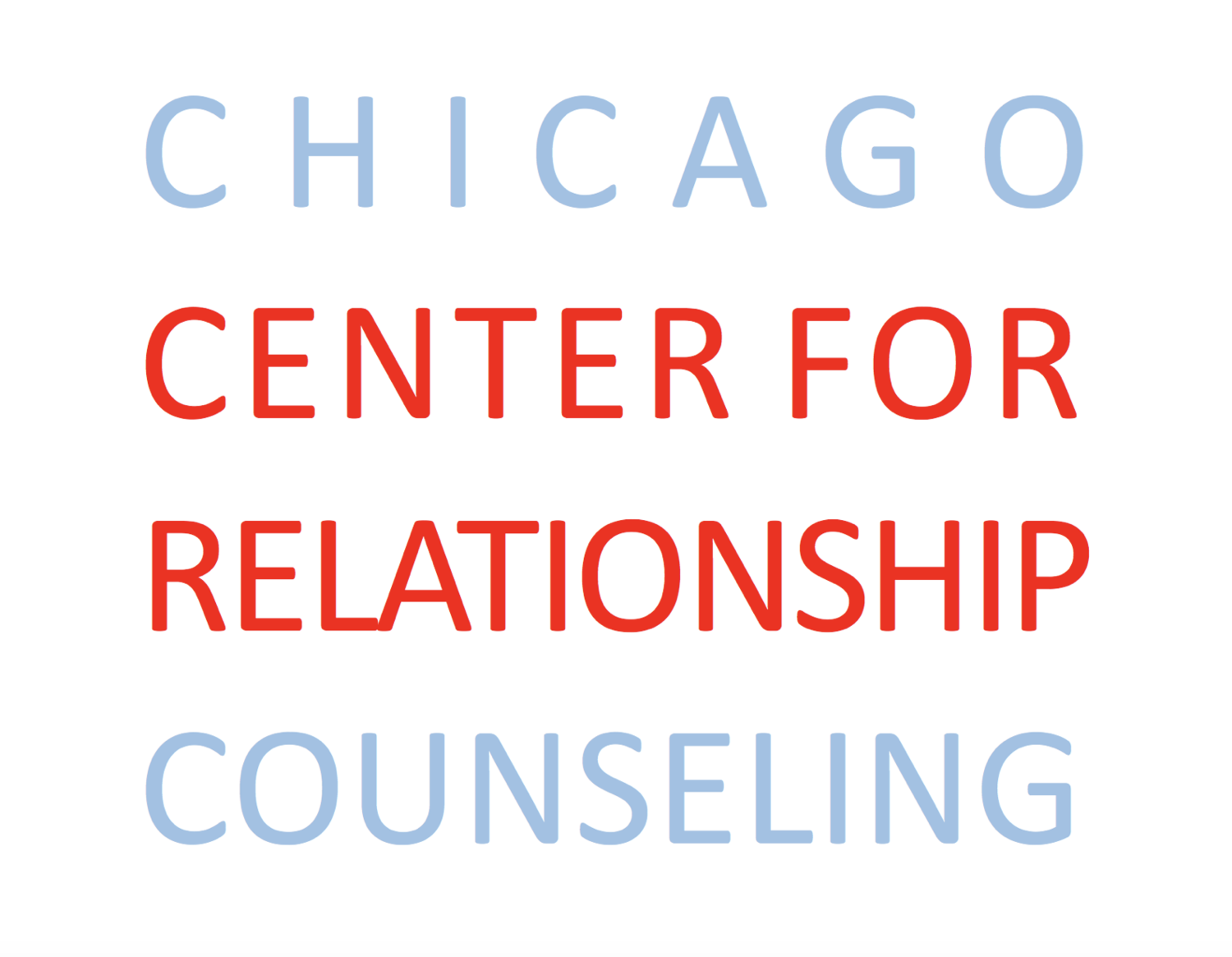Is Independence Ruining Your Relationship? Perhaps.
We tend to celebrate independence; countries are proud of it, teenagers crave it, adults believe it implies maturity and success. Within relationships, many now assume the general independence of both partners to be a prerequisite for happiness and stability as a couple. Independence in today’s world means strength, bravery, grit, ability, ambition, modernity, liberalism, and happiness. And as for its darker twin, dependence? What does that bring to mind in society today? Shameful. Weak. Childish. Immature. Antiquated. Worthless.
Yikes. Heaven forbid anyone should actually desire dependence. Good luck with that.
So, we’ve established one thing for sure: Independence = Good; Dependence = Bad.
But what if that’s not necessarily the case? And what does all of this have to do with your relationship?
As a Marriage and Family Therapist, I have worked with many couples, families, and individuals on exploring and questioning these very issues and assumptions. Is there such a thing as too much independence? How much dependency might actually be OK? Where is the line between healthy and unhealthy independence? What ratios of in- vs. de- pendence are the most successful within families and romantic relationships? The answers – or at least the evidence I’ve gathered from my clients thus far - may surprise you.
Guess what? Completely independent partners generally don’t make the happiest couples. Sure, it’s good to have your own interests and friends. It’s good to feel stable on your own two feet. It’s healthy to know you can rely on yourself when you need to. But exalting total independence from your significant other also brings a set of troubles, such as emotional distance, lack of vulnerability, miscommunication, conflict, and more. It’s actually a good thing to develop a bit of interdependence; to exist as a “we” rather than as a “me and you”. To pursue shared interests, to build shared social networks and friends, to rely on one another for support and comfort. “Rely.” There’s a fairly neutral-to-positive word that could just as easily be replaced with depend, but without any of the baggage. It’s OK to rely on your partner. It’s good to rely on your partner. It’s not weak, childish, or antiquated to desire a partner to rely on – to depend on. It’s a sign of strength when you are willing to get vulnerable and authentic with someone, when you are able to depend on them for emotional connection and love. In a sense, dependence on others is part of what makes us human, and part of what allows us to survive collectively and individually. Not so bad, after all.
Sometimes it feels as if the pressure to be independent is overwhelming. As if our dependence on others signifies failure. As if independence were the ultimate emblem of success and achievement. This assumption goes hand in hand with our general hyper-focus on the individual as opposed to the community in Western society today, along with the hyper-focus on individual rights, as opposed to communal obligations. Think about it. If my individual rights are priority number one, as opposed to my communal responsibilities, then of course I need to be fully independent of everyone else around me. I need to be ME, free from influence and suggestion, free from expectations and rules, free from it all. I need to fight for my rights first, and then, only then, can I focus on those around me. But we all know this sounds ethically...off. There’s so much more to say on this topic. Maybe in another post. But for now, I digress. Back to interdependence.
Family therapists have long dealt with the importance of interdependence, which I’ll define as the comfortable state between dependence and independence, in which partners and family members are able to depend on one another and connect with one another, while still maintaining their own sense of selfhood and individuality. The fancy therapist term for this is “differentiation”. Psychpage.com gives a great definition:
“Differentiation is the process of freeing yourself from your family's processes to define yourself. This means being able to have different opinions and values than your family members but being able to stay emotionally connected to them. It means being able to calmly reflect on a conflicted interaction afterward, realizing your own role in it, and then choosing a different response for the future.”
The main hallmark of Differentiation is actually more focused on connectedness than on independence. The more one is able to stay connected to family without becoming emotionally reactive or irrational, the more differentiated one is. And that’s a good thing. Not separation, not independence, certainly not cut-off. But rather, healthy connection. Interdependence. And even the willingness – the vulnerability - to depend on others, when necessary. That's maturity.
The Cliff’s Notes version of this post is that independence is not necessarily good for relationships. Interdependence, or Differentiation, is what healthy couples and families need to strive for. Know thyself, but be open to connecting with others. Rely on those closest to you for comfort and love, but have the ability to self-soothe and calm down during conflict.
This Independence Day, aim to be a more balanced human being; not an independent one.



